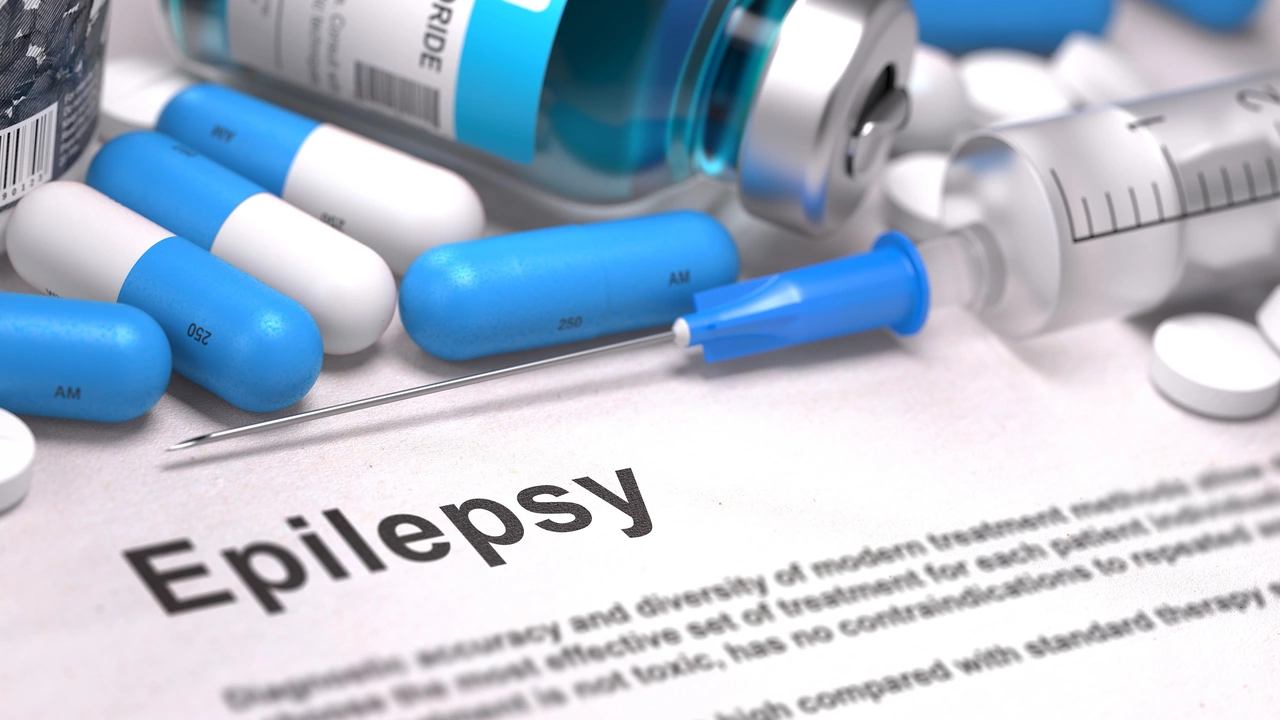If you’ve been told to take amlodipine, you’re probably dealing with high blood pressure or chest pain from angina. Amlodipine belongs to a group called calcium channel blockers. It relaxes the muscles in your arteries, letting blood flow more easily and lowering the force against vessel walls. That’s why doctors often pick it as a first‑line treatment for hypertension.
The standard starting dose is 5 mg once a day, taken with or without food. Some people need more—up to 10 mg—but doctors usually keep the dose as low as possible while still controlling blood pressure. If you’re new to amlodipine, stick to the exact amount your doctor prescribes; don’t double up if you miss a pill. Just take the next scheduled dose.
Extended‑release tablets are common, so you won’t feel the medication wearing off in the middle of the day. If you’re on other heart medicines like beta‑blockers or ACE inhibitors, your doctor might adjust the dose to avoid low blood pressure episodes.
Most people tolerate amlodipine well, but a few side effects pop up. The most frequent are swelling in the ankles or feet (edema), headache, and flushing. These usually ease after a week or two. If you get severe dizziness, rapid heartbeat, or chest pain while on amlodipine, call your doctor right away—those could be signs of something more serious.
Rarely, liver problems show up as yellowing skin or dark urine. Again, that’s uncommon but worth watching for. Keep a simple diary: note when you feel any new symptom and share it at your next appointment.
Online pharmacies can be tempting, especially if you’re looking for lower prices. The key is verification. Look for a site that requires a prescription, shows a licensed pharmacist’s contact info, and displays a physical address. Check if the pharmacy is certified by recognized bodies like the NABP or carries a .pharmacy domain.
Avoid any shop that offers amlodipine without a prescription or promises “miracle” discounts. Those are red flags for counterfeit pills, which can be ineffective or dangerous. If you’re in Canada or the US, many reputable online pharmacies will ship directly after you upload your prescription.
When the medication arrives, inspect the packaging: it should have a clear label with dosage strength, expiration date, and batch number. If anything looks off—misspelled names, blurry printing—don’t take it.
Before you start or change amlodipine, talk about any other meds you’re on, especially over‑the‑counter drugs like NSAIDs. Those can raise blood pressure and counteract amlodipine’s effect.
If you’re pregnant, planning a pregnancy, or breastfeeding, let your doctor know. While amlodipine is generally safe, the benefits and risks need weighing in those situations.
Regular check‑ups are essential. Your doctor will likely monitor blood pressure after the first couple of weeks, then every few months to make sure the dose stays right.
By understanding how amlodipine works and staying vigilant about where you get it, you can keep your blood pressure in check without unnecessary hassle. Stay informed, follow your doctor’s guidance, and you’ll make the most of this reliable heart‑friendly medication.

In my recent dive into medical research, I stumbled upon a controversial topic: the potential link between Amlodipine, a common high blood pressure medication, and cancer. Several studies have surfaced suggesting a possible association, but the evidence is inconsistent and not yet fully understood. It's essential to remember that correlation does not imply causation, so while this topic definitely warrants further research, there's no need for panic. If you're currently taking Amlodipine, don't stop or change your medication without first discussing it with your doctor. Stay tuned as I continue to monitor this ongoing discussion.
As a blogger, I recently came across a game-changing dietary supplement called Apoaequorin that has been making waves in the health industry. This incredible supplement is known for its potential to enhance memory and focus, which is something we could all benefit from. Derived from the Aequorea Victoria jellyfish, Apoaequorin is a unique protein that has shown promising results in improving cognitive function. I'm excited to explore and share more about this supplement with my readers, as it could be a revolutionary addition to our daily routines. Stay tuned for an in-depth article discussing the benefits, research, and potential side effects of Apoaequorin!
In my latest blog post, I've tackled some common myths surrounding breathing disorders. I've busted several misconceptions like the belief that asthma is always outgrown in adulthood, or that sleep apnea only affects overweight individuals. By shedding light on these misconceptions, I hope to provide a clearer understanding of these conditions, and remind everyone that proper diagnosis and treatment are crucial. Breathing disorders are serious and shouldn't be taken lightly, and it's high time we separate fact from fiction. Stay tuned for more health myth-busting posts!
In my recent deep dive into the workings of Ornidazole, I found that it operates as an effective antibacterial and antiprotozoal medication. It primarily fights against infections by damaging the DNA of the pathogenic microorganisms, preventing them from reproducing or spreading further. Ornidazole selectively targets and enters bacterial cells, then interferes with their genetic material. This intricate process ultimately leads to the death of the bacteria or protozoa, effectively treating the infection. With its unique mechanism, Ornidazole is a powerful tool in our medical arsenal.
Learn how switching to an authorized generic can improve medication safety and reduce side effects compared to regular generics - and how to make sure you get the right version at the right price.
Learn how to safely buy cheap generic Premarin online, verify legitimate pharmacies, compare prices, and understand dosage, side effects, and legal requirements.